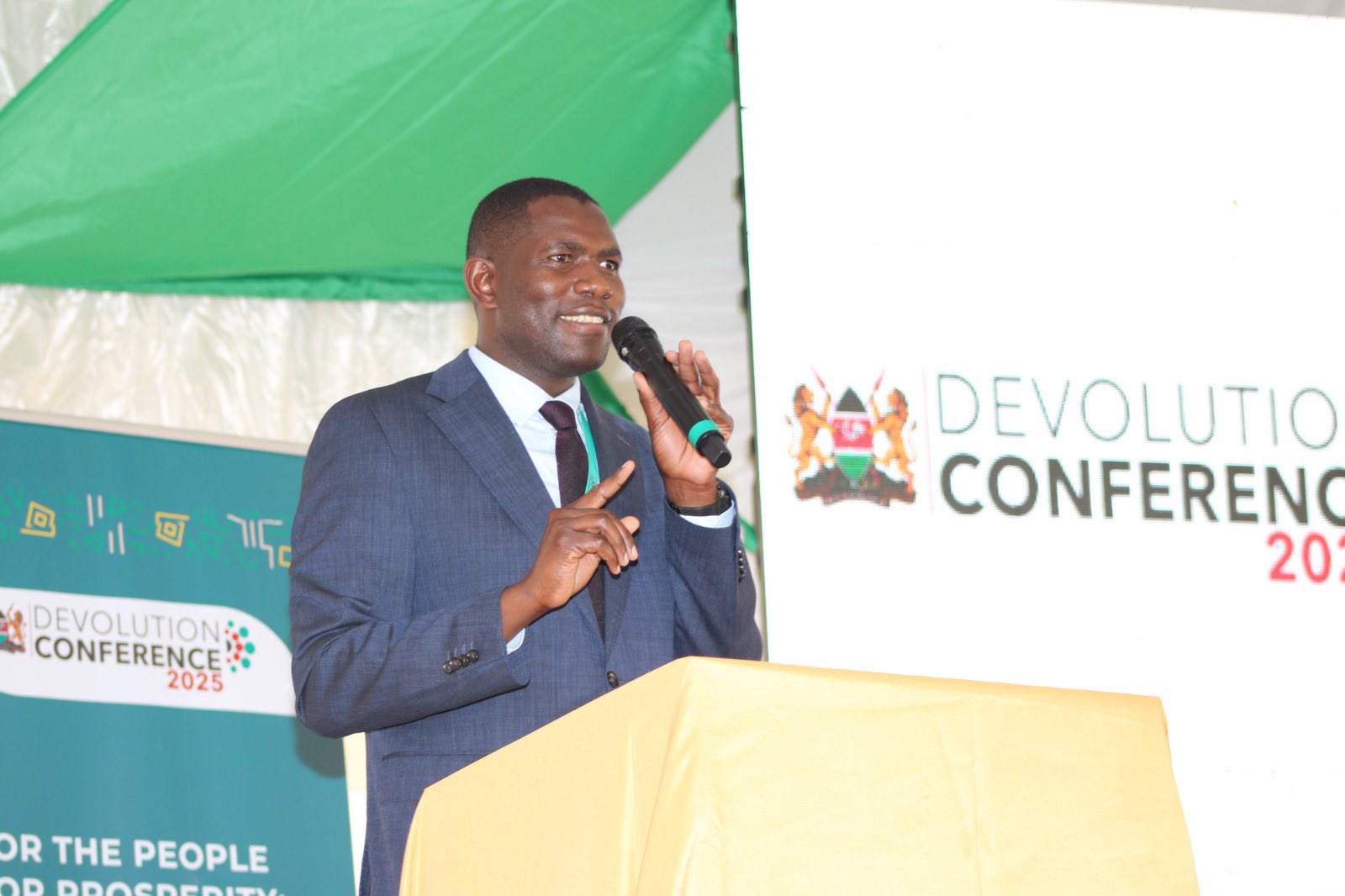PS Oluga warns stigma denying thousands of PWDs vital health services

Speaking at the Devolution Conference 2025, Dr Oluga stressed the importance of mapping all Kenyans who require assistive technology to ensure that interventions reach those in need.
Principal Secretary for Medical Services, Dr Ouma Oluga, has sounded the alarm over gaps in support for people with disabilities, warning that stigma is keeping thousands out of official records and away from vital services.
Speaking at the Devolution Conference 2025, Dr Oluga stressed the importance of mapping all Kenyans who require assistive technology to ensure that interventions reach those in need.
More To Read
- Court of Appeal postpones hearing on constitutionality of Health Acts
- How Riruta’s upgrade to Level IV hospital is transforming healthcare across Dagoreti
- Senate demands swift compliance with disability access in public offices
- Kenya Power awards Sh3.5 billion in tenders to youth, women and PWDs
- Ruto targets faster healthcare access with KEMSA direct medicine deliveries to hospitals
- Only 4 per cent of public institutions meet disability hiring quota - survey
He noted that current registration figures are lower than reality, partly because some families are hesitant to list relatives due to the stigma surrounding disability.
While acknowledging progress in training healthcare workers and distributing assistive devices, he urged continued investment to understand the full range of needs and secure adequate resources.
Enhanced training and capacity building for healthcare workers, he said, are critical to ensuring that people living with disabilities receive appropriate care and guidance on suitable assistive technologies.
Dr Oluga also highlighted changes in global health financing, including the withdrawal of some donor support, emphasising the need for innovative domestic funding solutions to complement government efforts in disability support.
He called for a coordinated approach involving policymakers, healthcare providers, and communities to reduce stigma, increase registration, and ensure that persons living with disabilities are fully included in Kenya’s healthcare system.
“Now is the time for Kenya to ensure no one is left behind,” he said.
Dr Oluga also highlighted broader health system challenges, emphasising the critical role of local vaccine production and financing as a pathway to achieving last-mile vaccination. He called for harnessing technology transfer, implementing sector reforms, and strengthening health systems to support vaccine manufacturing within Kenya.
He further urged structured engagement among all sector players to reduce disorder and maximise efficiency in the healthcare system.
Citing global shifts in health financing, including the withdrawal of donor funding for key programmes and Kenya’s deprioritisation by GAVI, Dr Oluga called for the ring-fencing of sufficient domestic resources to safeguard and sustain the country’s health sector.
Top Stories Today
















































